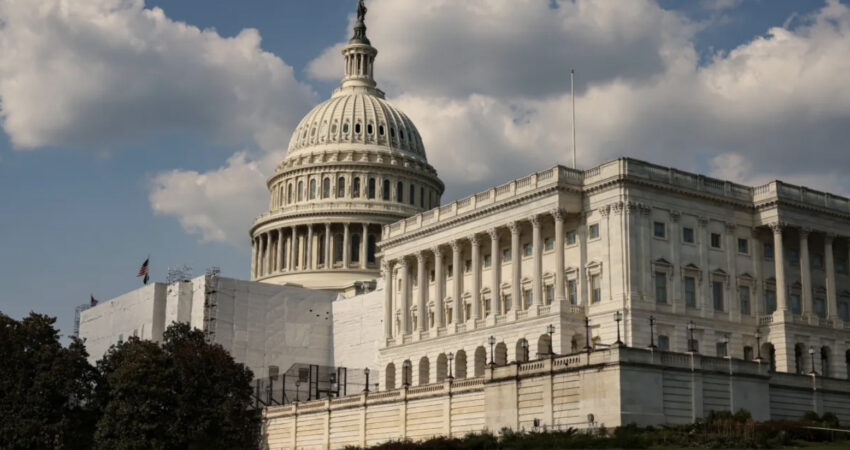House Republicans successfully passed the first of 12 spending bills for the 2024 fiscal year on July 27, overcoming intraparty divisions that arose during negotiations the day before. The legislation focused on appropriations for military construction and Veterans Affairs, a usually less contentious bill. However, the House Freedom Caucus, a group of staunch conservatives, insisted on keeping spending in check, vowing to limit discretionary spending to $1.471 trillion during the appropriations process.
While negotiations took place, the House adopted a measure allowing debate on the bill, and it was subsequently passed in a 219–211 vote on July 27. The bill, H.R. 4366, allocates more than $317 billion for the Department of Defense, Department of Veterans Affairs, and related agencies, including $17.5 billion for military construction and family housing projects and $299.5 billion for Veterans Affairs. It also provides funding for community projects and the expansion of Arlington National Cemetery.
House Republicans praised the bill for investing in U.S. military installations and honoring veterans while practicing fiscal responsibility. However, Democrats disapproved of the bill’s provisions, criticizing its restrictions on certain flags, abortion funding, and transgender surgeries and hormone therapies.
Though the bill successfully passed the House, it is likely to face more resistance in the Democrat-controlled Senate. The White House has stated that if the bill reaches President Joe Biden’s desk, he would veto it, pointing to concerns over its restrictions and reduced domestic spending levels.
Conservatives applaud the bill’s commitment to investing in defense and veteran services while adhering to fiscal responsibility. They believe it is crucial to prioritize national security and support those who have served the country faithfully. However, Democrats express concerns about potential negative impacts on various communities and raise separation of powers issues. The ongoing debate highlights the ideological differences and policy priorities between the two parties.





